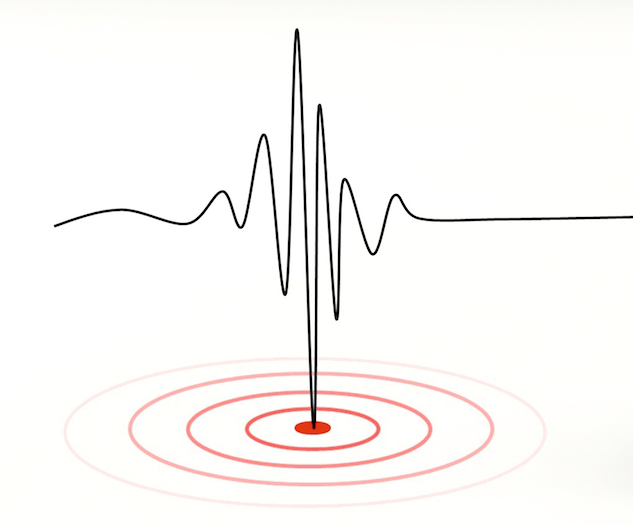Change Healthcare, a leading healthcare organization, recently made headlines when they announced that approximately 100 million Americans were potentially affected by a massive ransomware attack in February 2024. This attack, which is considered the largest known data breach of protected health information, compromised the personal, financial, and healthcare records of millions of individuals across the country.
The repercussions of this ransomware attack were felt throughout the U.S. healthcare system, causing disruptions that lasted for months due to Change Healthcare’s pivotal role in handling payments and prescriptions for numerous organizations. In April, the company estimated that a significant portion of the American population would be impacted by the breach, and on October 22nd, they officially notified the U.S. Department of Health and Human Resources that around 100 million individuals had been affected.
The breach involved the theft of a wide array of sensitive information, including health data such as medical records, diagnoses, and test results, billing records including payment cards and financial data, personal data like Social Security numbers, and insurance data such as health plans and policy details. The financial toll of the breach was also substantial, with Change’s parent company, United Health Group, incurring over $1.5 billion in direct breach response costs and $2.457 billion in total cyberattack impacts.
One of the most alarming aspects of this breach was the $22 million ransom paid by Change Healthcare to the ransomware group responsible for the attack, known as BlackCat and ALPHV. However, the situation took a dramatic turn when the affiliate who facilitated the ransom payment accused BlackCat of cheating them out of their share, leading to the shutdown of the entire ransomware operation.
Despite the chaos caused by the breach, another ransomware group called RansomHub emerged on the scene, offering to sell the stolen healthcare data. The group attempted to shame affected insurance providers into contacting them to prevent the dissemination of their data, highlighting the gravity of the situation.
While it remains unclear whether RansomHub successfully sold the stolen data, efforts were made to recover some of the data that was exfiltrated from Change Healthcare. The breach notification letter sent to affected individuals offered two years of credit monitoring and identity theft protection services to help mitigate the fallout from the breach.
In response to the breach, lawmakers introduced a bill requiring the development and enforcement of stringent cybersecurity standards for healthcare providers, health plans, and other entities. This bill also aimed to eliminate the existing cap on fines under the Health Insurance Portability and Accountability Act, allowing for more substantial penalties against violators.
Given the severity of the breach and the potential risks posed by the exposure of sensitive data, individuals are urged to take proactive steps to protect themselves. By freezing their credit files with major credit bureaus like Equifax, Experian, and TransUnion, individuals can thwart identity thieves from opening new accounts in their name. Regular monitoring of credit reports for any signs of fraud or errors is also recommended to ensure financial security.
As the repercussions of the Change Healthcare breach continue to unfold, vigilance and proactive measures are essential to safeguard against the far-reaching impacts of such large-scale data breaches. With cybersecurity threats on the rise, individuals and organizations must remain vigilant and proactive in protecting sensitive information and preventing unauthorized access to personal data.
